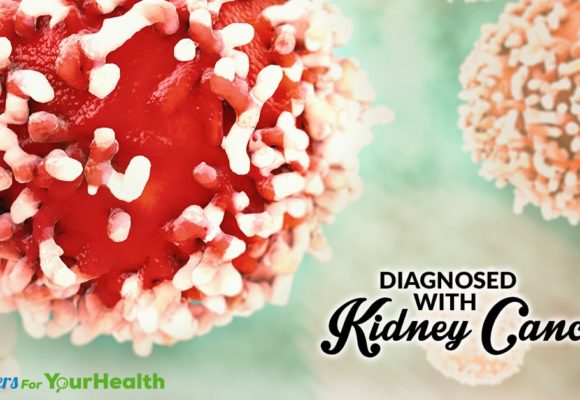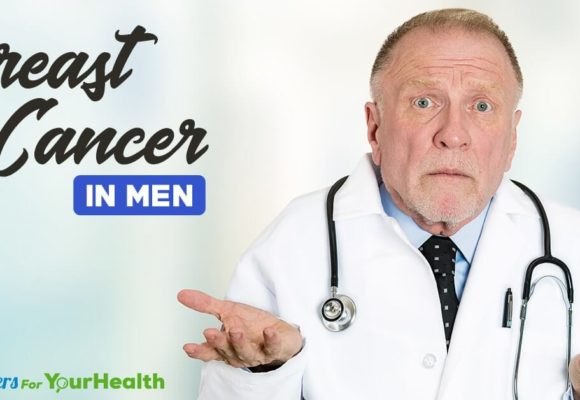1) Grab a FREE copy (Value $14.95) of one of my books Thyroid Symptom Overload
Just pay shipping $7.95 for any US orders. Or, if you want to pay full price plus shipping, order from Amazon :)
2) Take our Thyroid Quiz today and find out what "Thyroid Type" you have
This quiz will help you quickly discover where your symptoms are stemming from.
3) Join Our Thyroid Advocate Membership Site - Natural Thyroid Academy
FREE for a limited time. No credit card required.
4) Work with me and my team privately
Schedule your FREE 15 minute phone consultation and we can find out the best way to help you specifically.
The relationship between cancer and genes was often underrated until it was discovered that all cancers are caused due to genetic mutations. Genes are the information units in each cell. The genes guide the cells about which proteins are required to fulfill the needs of that particular cell. Our cells are damaged over time due to environmental changes, unhealthy lifestyle, aging, sun exposure, toxicity, and biological influences. In such instances, genes guide the cells to repair it, or stop growing, eventually leading to the cell’s death.
Cancer occurs when the genes do not guide the damaged cells to repair or stop growing. The damaged cells begin to grow, divide and expand abnormally. The abnormal growth of cells is called cancer. When several cancerous cells accumulate, a tumor is formed. The abnormally growing cancer cells may spread into the surrounding organs and affect the cells in neighboring organs.
The initial growth of cancer is very slow, which is why, the first and second stage cancers are easier to diagnose. Appropriate diagnosis can help diagnose cancer at its early stage and reduce the risk of cancer related casualties. Cancer is treated depending on its stage. In last stage cancer, the abnormal growth of cancerous cells reaches the surrounding tissues. Sometimes, it damages various organs. At this stage, the chances of survival are low.
Is Hereditary Cancer Different?
When the gene mutations are inherited, it is hereditary cancer. Sporadic cancer is a non-hereditary kind of cancer that occurs due to mutations in genes that are not inherited. Hereditary cancers occur at early age and could be more aggressive than sporadic cancer. The treatment options for hereditary cancers are wider than sporadic cancers. However, individuals with inherited gene mutations are at high risk of multiple types of cancers. The diagnosis, treatment, follow-up care, and prevention treatments for hereditary cancer survivors are more intense and stricter than sporadic cancer.
Symptoms of Hereditary Cancer
Alongside the conventional signs of cancer, hereditary cancers are often diagnosed with family history. The medical doctors need to research different generations of the family to determine a certain pattern of cancer occurrence. Sometimes, a certain type of cancer prevails in the family. Breast and ovarian cancer are among the most common inherited cancers.
How Common is Hereditary Cancer?
Inherited cancers are rarer than cancers caused due to environmental changes, aging, etc. A majority of the cancers occur due to a combination of multiple causes. Around 2% to 3% cancer cases are inherited; other cases are mostly sporadic cancer. Faulty genes increase the risk of inherited cancer. The type and intensity of fault determines the risk of cancer occurrence.
Understanding the Family History of Cancer
A pattern of certain types of cancers is prevalent in the families with inherited faulty genes. A few cancer cases within a family do not represent cancer prevalence in the family. The risk of getting cancer due to family history depends on the age of cancer diagnosis of the patients in the family and your relationship with the cancer patients. If the number of cancer patients in the family is high, and if the disease was diagnosed at young age, the risk of cancer occurrence is relatively high. The risk is also high if:
- More than two direct relatives on the same side of family history were diagnosed with cancer.
- The type of cancer in the relatives was either the same or caused by same gene mutations.
- Gene faults were identified in one of the relatives during genetic testing.
- The cancers developed at young age i.e. under 50 years of age.
What You Need to Know if Cancer Runs in Your Family
- All cancer cases include genetic mutations. However, neither all genetic mutations cause cancer, nor all cancers are caused due to genetic mutations.
- Many cancer types occur due to inherited mutations, such as pancreas, prostate, stomach, colon, melanoma skin, kidney, endometrial, breast, and ovarian cancer.
- The risk of cancer is high if a few cancer patients in the family died of or were diagnosed with cancer before 50, rare cancer types prevail in the family, cancer has occurred in both pairs of organs in the patients (for instance, ovaries), and multiple family members have same cancer type.
- The risk of breast cancer in daughters is high if their mother and grandmother had breast cancer.
- Even if cancer runs in the family, you may live a healthy and cancer-free life. It depends on your quality of life, regular annual health examinations, and specialized care for the organs at high risk. Angelina Jolie got her ovaries and breasts removed due to the high risk of related cancers in her family.
What You Need to Do
If you have a strong family history, contact a reputed general physician. The physician will conduct verbal assessment based on questions. If the risk of cancer is suspected, the general physician will recommend a few diagnostic tests. Depending on the tests, the general physician will refer you to a relevant medical specialist.
If you have faulty genes, but you have not been diagnosed with cancer, your medical doctor will provide you with an estimate of your risk of developing cancer. Remember that the predictability of hereditary cancer is quite high with appropriate diagnostic techniques. The medical doctor will suggest a monitoring schedule for certain organs depending on the cancer patterns in your family.
Some inherited cancers may increase the probability of cancer compared to others. In some cancer patterns, the disease may skip a generation i.e. the parent may not develop disease due to the inherited genes but the child may develop cancer due to the same inherited genes.
A research study by Frank SA suggests that single mutation cases contribute to very few cancer cases. For cancer to develop, the mutation must occur in more than one gene. Therefore, if all siblings have one mutated gene, only those siblings are at the risk of cancer who may have another mutated gene due to any reason. Similarly, if one woman has breast cancer in a family, the sisters and daughters of that woman are also at high risk of breast cancer. Advance research relating to particular gene variants that cause cancer is still underway.
References
https://www.ncbi.nlm.nih.gov/pubmed/20704938
https://www.cancer.gov/about-cancer/causes-prevention/genetics
https://www.cancer.org/cancer/cancer-causes/genetics/family-cancer-syndromes.html








